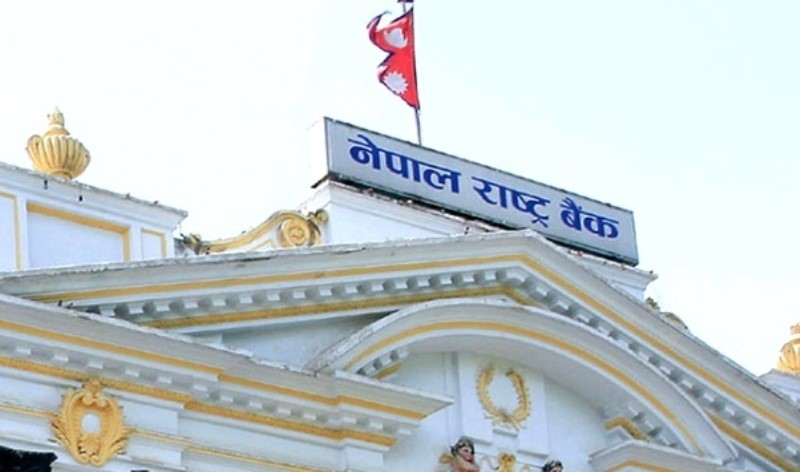KATHMANDU: Nepal Rastra Bank (NRB) has introduced a draft of new standards to regulate cooperatives engaged in savings and loan transactions, aiming to ensure transparency and financial discipline in the sector.
This move comes after the government issued a new law on cooperative sector management through an ordinance.
The draft outlines several key provisions to address the challenges faced by the cooperative sector. One major change is the restriction on savings collection, allowing cooperatives to collect savings exclusively from their members.
This savings collection is limited to 15 times the cooperative’s primary capital fund. Additionally, cooperatives can borrow from banks and financial institutions up to 5 percent of their total assets or 100% of their capital fund.
Guidelines for loan practices have also been detailed in the draft. Loans against immovable property are restricted to 50 percent of the valuation in metropolitan and sub-metropolitan cities, while the limit is set at 60 percent in municipalities and rural areas.
For loans secured by members’ savings, cooperatives can provide loans of up to 90 percent of the savings value. Unsecured loans require guarantees from at least two members.
The draft emphasizes investment policies designed to ensure stability and focus on productive sectors. Cooperatives are permitted to invest in shares of cooperative banks, small farmers’ microfinance institutions, and government bonds, but they are barred from investing in shares and debentures of other institutions.
Limits on savings collection are determined by the scope of a cooperative’s operations. Cooperatives operating within a single district can collect up to Rs 1 million, while those operating in multiple districts can collect up to Rs 2.5 million.
For cooperatives with a presence in multiple provinces, the limit is Rs 5 million. To enhance financial accountability, members must disclose the source of funds for deposits exceeding Rs 1 million.
Additional provisions include restrictions on real estate purchases and measures for debt restructuring and rescheduling.
These are intended to ensure that cooperatives remain focused on productive investments and maintain financial health.
By addressing these critical issues, the NRB aims to restore confidence in the cooperative sector and promote sustainable practices.
Public feedback on the draft has been invited until January end, signaling an inclusive approach to finalizing the standards. These measures are expected to bring much-needed reform to Nepal’s cooperative sector, fostering transparency and financial stability.









Comment